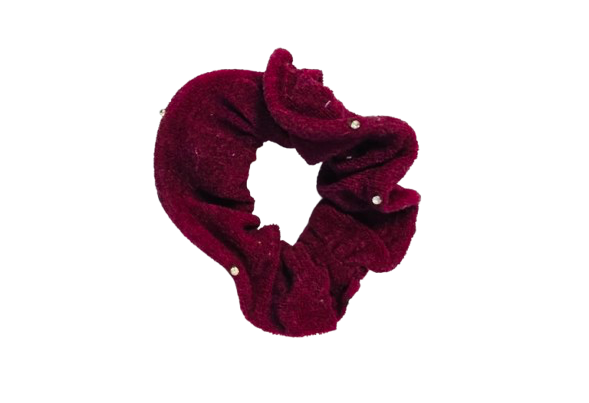Every year, on October 10th, the world marks World Mental Health Day to raise awareness of mental health issues and advocate against social stigma. Childhoods affected by war are marked by unique challenges that require specialized understanding and support. Yet, within these experiences, there are also stories of resilience, courage, and creativity.
In recognition of this year’s World Mental Health Day, we are highlighting several stories from our collection that capture the complexity of mental health in war-affected childhoods.
Coming of Age in the War
By 1994, we had lost hope that the war was ever going to end. We were so exhausted by starvation, thirst, and sleeplessness that it was hard to imagine a bright spot that would end all the horrors of war. I turned 18 that year. I felt proud, but also a little bit sad and empty. This photograph was taken for my ID card, and it represents my coming of age.
Mirela, b. 1975, Bosnia-Herzegovina
Framed Picture of Marilyn Monroe
When you’re left to sit in a basement in Summer, Autumn, and Winter, with no light, you don’t have many options to calm down your nerves and comfort yourself. I couldn’t keep drinking gallons of valerian tea and that’s why I started creating—while creating something, you don’t think about what’s happening around you because you’re passionate about the process.
My grandparents bought the frame and the rhinestones, and then I thought about what I wanted to create. And here it is now, my art piece.
Adelina, b. 1998, Ukraine
Dress of Spite
I found this dress in an abandoned Sarajevo apartment in 1993. Its bright color flirted with the forbidden, considering that we, as citizens of besieged Sarajevo, were constant targets for the snipers who hid in the surrounding hills. And as people, fending for their own lives, dressed in subtle, pastel tones, I wore this light, bright blue dress. It was a symbol of defiance and my will to live.
Emina, b. 1976, Bosnia-Herzegovina
Eid Present
I wore this bracelet because it reminded me of my father. It was among the gifts I got from him for Eid. It is the only thing I still have from him. My father was killed by the army. I was there when they took him away. I stood behind my mother and cried. Every time I look at this bracelet I remember him and I cry.
Iman, b. 2012, Syria
Nightgown
In the latter years of the war, I started studying at the Department of Defectology, which had just opened at the University of Tuzla. At that time, I was also volunteering at the city hospital as part of its medical team. I remember the smell of antiseptic mixing with the blood and sweat of the wounded and sick, who were lying in the corridors because there weren’t enough hospital beds.
In May of 1995, we were trying to save the young people brought into the hospital after the Kapija Massacre. That evening, a young boy died in my arms. The funeral for all those killed was held in the early morning, while it was still dark outside.
A few months later I was diagnosed with leukemia—the doctors believed it to be a result of great stress. I received treatment, first in Bosnia and then in Zagreb. I was finally cured in Italy. This is the nightgown I wore during my hospital days. To me, it is a symbol of battling leukemia, a truly dangerous disease, but also of battling war, which is even more malignant.
Selma, b. 1975, Bosnia-Herzegovina
My Artistic Journey
In 2014, the war in the Gaza Strip lasted for 50 days. Our home was no longer safe, so my family and I moved to a relative’s house. I was eight years old at the time and I felt very scared. To distract me from what was happening outside, my mother would bring me coloring pencils and encourage me to draw.
At first, scenes of war and the terrible things we witnessed were all that I drew. But as time went by I began to draw beautiful things, like flowers and children playing at the park. Drawing helped me to forget about fear. This is one of the first drawings I made and it represents the start of my artistic journey. Since then, I have entered several drawing competitions at my prep school. I hope I will be able to develop my drawing skills further and become a painter one day.
Aisha, b. 2006, Palestina









